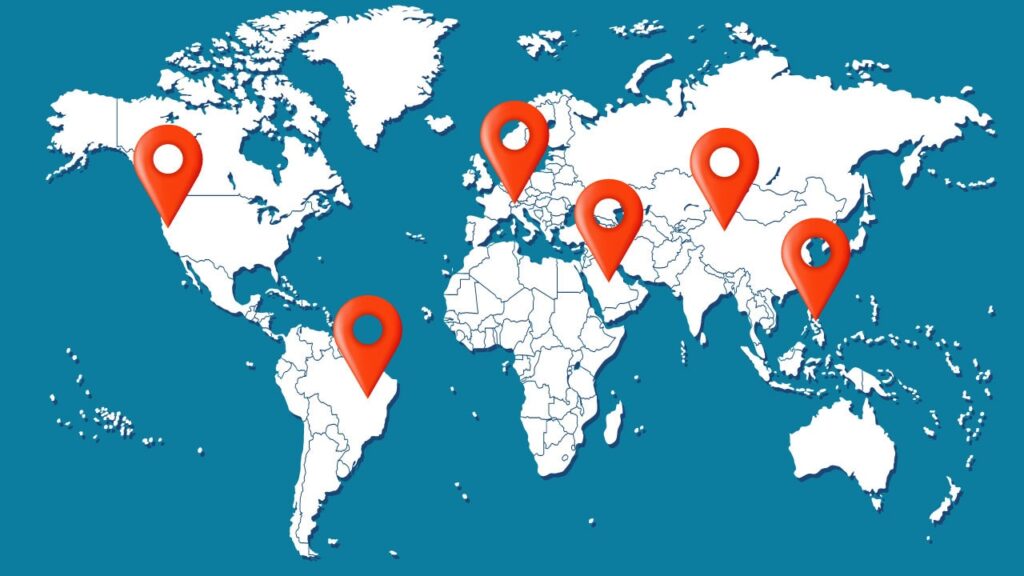
Peter and Susan Cull have transformed their Armidale-based company, ICT International, into a global leader in plant and soil moisture measurement. What began as Peter Cull’s PhD thesis over four decades ago has evolved into technology now utilized in over 50 countries, spanning diverse environments from the Amazon rainforests to urban centers in Switzerland.
Dr. Cull’s pioneering work led to the creation of the Neutron Probe, a device capable of precisely measuring soil moisture. This innovation was quickly adopted by farmers in the early 1980s, particularly within Australia’s cotton industry. “I developed a technology called a Neutron Probe that could very accurately measure the soil moisture to great depth,” Dr. Cull explained. “Farmers would measure soil moisture, download it onto their computers, and it was a time when we had to buy them a computer with a 10 megabyte hard drive.”
The Evolution of ICT International
Recognizing the need to address broader agricultural challenges, ICT International expanded its focus to include plant measurement technologies. “We started to develop technologies to measure plants and plant water use and plant stress,” Dr. Cull noted. “We are the only people with the technologies in the world.” The company now owns the intellectual property for these instruments, which are used by leading universities and research institutes globally.
Dr. Cull has traveled extensively to promote and develop the business, visiting China over 50 times and the US more than 30 times. Despite their global reach, the company remains rooted in Armidale, thanks to high-speed internet and logistical support from services like Qantas and FedEx. “Every day we’ve been running a Zoom in at least two countries in the world,” he said.
Challenges and Triumphs
The journey to success was not without its challenges. The Culls invested their own resources into research and development, navigating through what Mrs. Cull described as the “valley of death” multiple times. “What we’ve done over 40 years is simply backed ourselves,” she said. “We’ve invested in ourselves. It’s been our own money, we own our IP.”
ICT International initially benefited from the Australian government’s export market development grant scheme, which helped them establish international agents. However, Mrs. Cull expressed frustration at the lack of sustained government support for innovation. “When you compare yourself with other countries and their investment in research and development … it’s pathetic,” she remarked.
Expert Insights and Future Prospects
Emeritus Professor Roy Green from the University of Technology Sydney emphasized the importance of commercializing research. “Australia produces excellent research, but we fall short when it comes to turning these ideas into impact,” he said. Professor Green highlighted the potential of initiatives like the Federal Government’s Future Made in Australia plan to bolster domestic manufacturing and integrate Australia into global value chains.
“Smaller manufacturers that compete globally show what is possible when local capability and innovation are supported,” Prof Green stated. “Scaling is still difficult without clear policy direction, stronger supply chains, and access to growth capital.”
Dr. Cull remains optimistic about the future, acknowledging the challenges but focusing on the positives. “We just get on and deal with the positives – we go find the positive people around the world and deal with them,” he said, underscoring the company’s strategy of leveraging international opportunities.
This article is part of the Back Australia series, supported by Australian Made Campaign, Harvey Norman, Westpac, Bunnings, Coles, TechnologyOne, REA Group, Cadbury, R.M.Williams, Qantas, Vodafone, and BHP. The series aims to highlight the ingenuity and resilience of Australian businesses in the global market.






